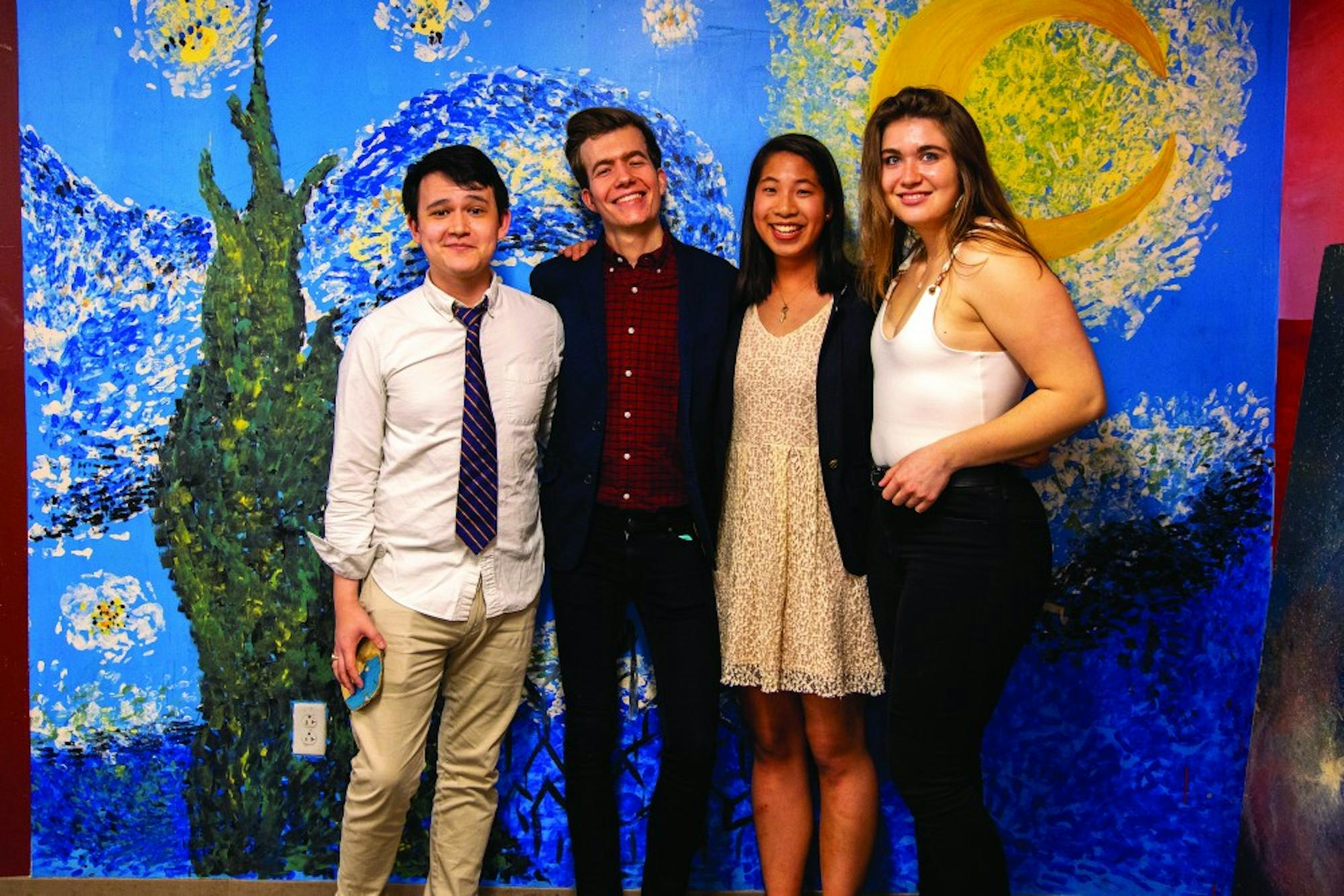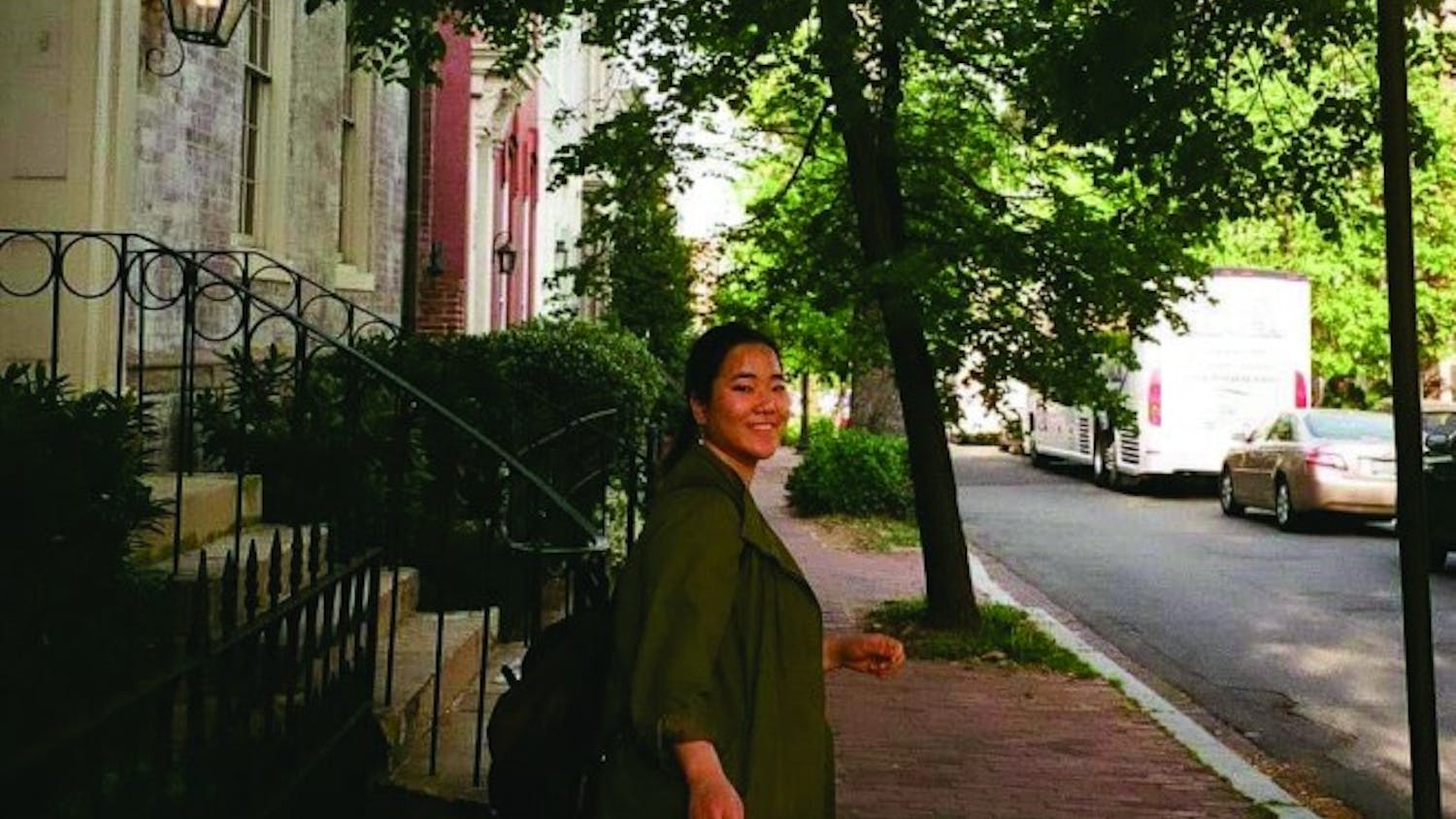“Game of Thrones” ended last Sunday, and people hated it. The next day, while hot takes exploded across the internet, an ’80s-style remake of the final scene made the rounds on Twitter. As Jon Snow rides north, he looks back over his shoulder one last time — and then Tears for Fears’ “Everybody Wants to Rule the World” slides in. A character montage rolls as tongue-in-cheek “Where are they now?” text flashes on the screen. “Arya found land west of Westeros and named it Westereros,” we learn. “Bronn was stabbed and killed in a bar fight three days later.”
I’m not ashamed to admit I watched this version of the “Game of Thrones” ending at least a hundred times last week. Partly because I’m a sucker for gigantic synthpop choruses. But also because, after the disappointment of Thrones’ final season, the imagined “Where are they now?” lines restored some of the nuance that I loved about the show. In the new fake ending, some characters died and others lived. Some achieved their aims and others fell into darker paths. You got the sense that the past seven seasons had been a snapshot of a world that kept going.
Dartmouth seniors are like the “Game of Thrones” showrunners: We like tidy conclusions. You know how you’ll go home and talk to that aunt you barely ever see and she’ll ask “How’s college?” And you’ll reflexively say, “It’s good?” We often frame our Dartmouth stories the same way, with an instinctive “It’s good” that washes everything underneath away.
I spoke at Masculinities of Dartmouth a couple weeks ago, and all four of us on stage told a version of the same story — we got to Dartmouth, we were challenged, we overcame that challenge and here we are now, so much the better for it. I was tired of that kind of story. And yet there I was, talking about how I was challenged to be vulnerable, and how I overcame that challenge by joining the triathlon team. Bravo, Evan. Gold star for you.
Taking three history courses this spring has got me thinking not only about the desperation of completing half the history minor in one term, but also about narratives. There’s a difference between the way we live history and the way we tell stories about history. It’s the difference between a textbook and a journal. Textbooks reduce history to cause and effect. They’re stories you probably know. What brought down the Roman Empire? An ailing economy and some ill-timed defeats on the battlefield. Why did World War I happen? Rising tides of nationalism and colonialism. It’s simple and linear and more or less true, given a hundred or a thousand years of hindsight.
If you read the journal of someone who lived through that history, the linear paths go away. Even when you’re standing on the cusp of something historic, predicting the future is hard. One lecture in my modern African history class discussed the political changes of the 1940s, and I claimed — out loud — that I could see the roots of the coming independence movements. But even the future independence leaders didn’t know the scope of the changes that were about to happen. When you know how something turns out, you start looking backward to pinpoint its roots. And you see the past differently.
When I remember my Dartmouth experience, I want to remember the journal version, not the textbook version. I want to remember the terms I felt lonely and inadequate alongside the terms I felt at home. I want to remember joining the triathlon team alongside the time I went to the gym at 6 a.m. freshman year and left because I was intimidated. I want to remember the confusion and uneasiness of rush and the community I found in the Sustainable Living Center.
The Dartmouth I lived was full of forking paths. What if I had kept hiking with the Outing Club? What if I had majored in classics or computer science? What if I had stuck with rush instead of dropping my bid? What if I had studied abroad? What if I hadn’t joined The Dartmouth? All of these Dartmouths were once possible. When I tell the story of my college experience, I’m tempted to frame all the decisions I made as the right ones, the ones that led to the best outcome — the Dartmouth that I’m living right now, with 11 days until graduation. But I didn’t live those other Dartmouths, and I can’t know what they would have been like.
So here’s a request to the ’19s: Let’s remember that we live our lives in the middle of our own stories. They were unfolding before Dartmouth and they will continue to unfold after Dartmouth. We often stood at a fork and didn’t know what was going to come next — even though we now know where the forks have led us. As seniors, we tell stories about when we were naïve freshmen. In a decade or two, we’ll look back on these years and tell stories about how we were dumb college students. Your Dartmouth experience doesn’t have to have a tidy beginning and end, because it’s the middle part of a longer story.
I’d like to imagine my last four seasons of The Dartmouth Experience ending like that fake ’80s remake of “Game of Thrones.” I’ll walk across the stage with degree in hand, and the cinematic ending will start. I’ll gaze over my shoulder at Phil one last time. Then I’ll turn back to the camera as Tears for Fears — or insert your sentimental graduation artist of choice — starts playing. The “Where are they now?” text will flash on the screen. In 20, 30, 40 years, I’ll know what it says. But for now, standing on the precipice of graduation, “Where are they now?” is full of possibilities. The story is ending in the middle.
Evan Morgan '19 is a former sports and arts editor of The Dartmouth.



